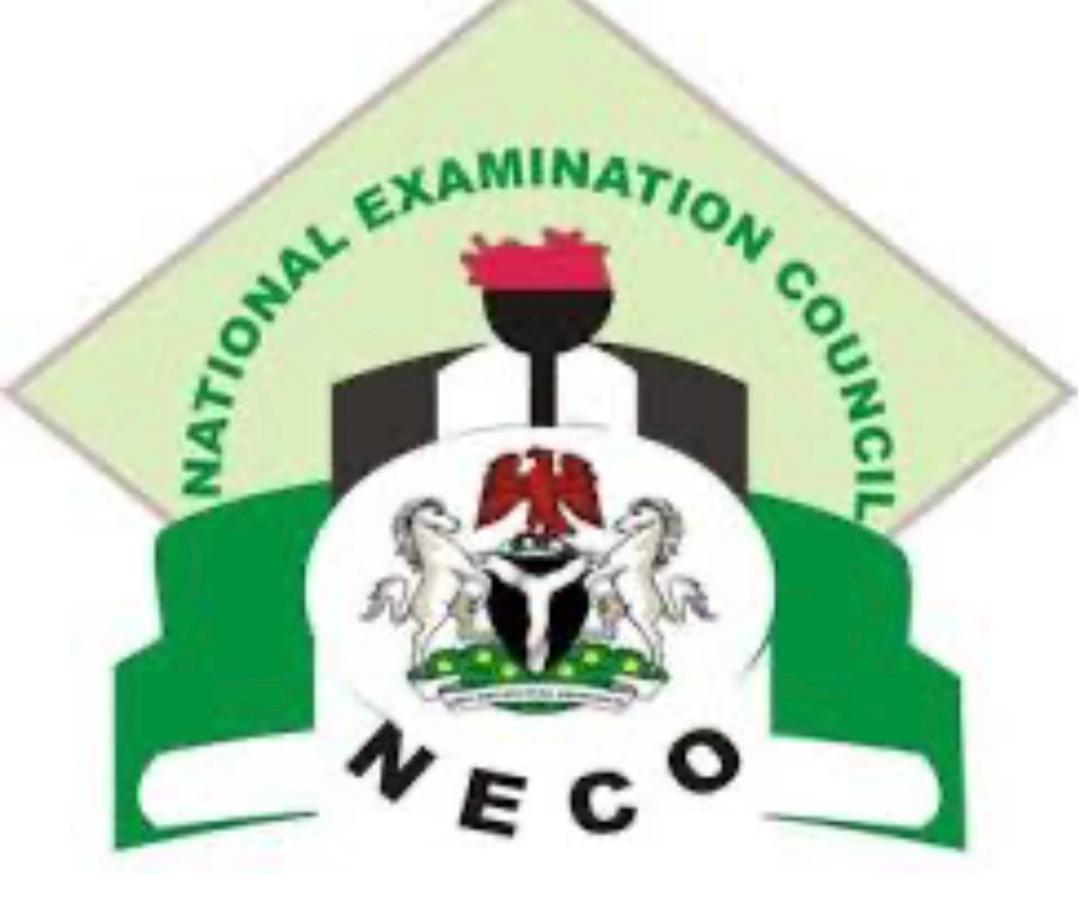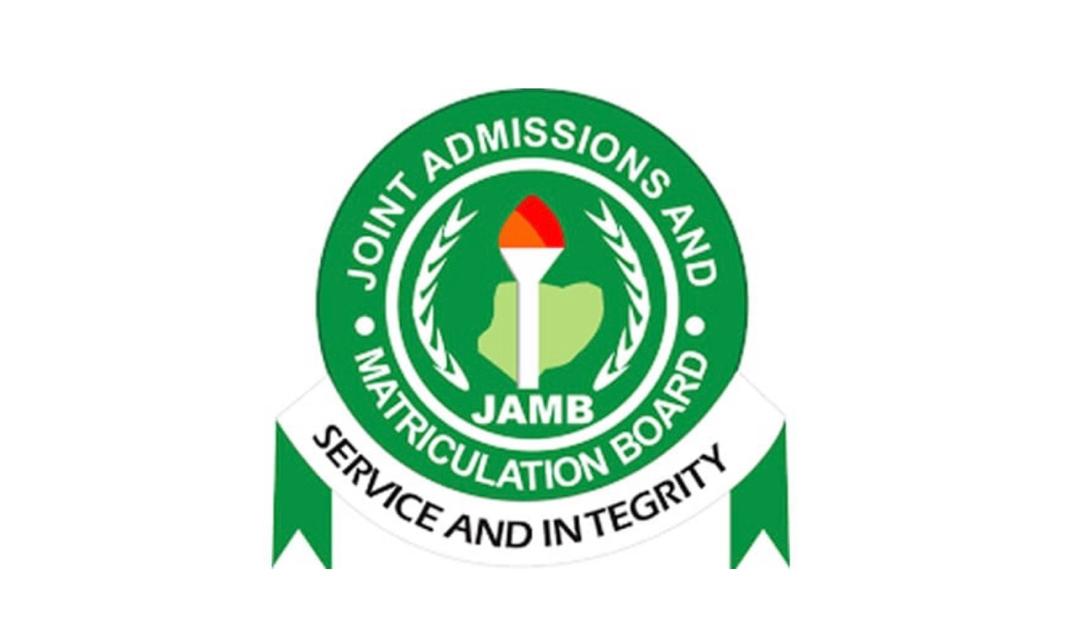Education
64,000 candidates sits for 2025 Common entrance examination

Mariam Abeeb
A total of 64,000 candidates from Nigeria, Benin Republic, and Togo have participated in the 2025 National Common Entrance Examination (NCEE) for admission into Federal Government Colleges, conducted by the National Examinations Council (NECO).
Speaking after monitoring the exercise at Model Secondary School, Maitama, and Government Secondary School, Tudun Wada, Abuja, the Minister of State for Education, Prof. Suwaiba Ahmad, expressed satisfaction with the smooth conduct of the examination.
“I’m very happy with the way the exams have been conducted. They started on time, students were orderly, and invigilators were present and active. We had 64,000 candidates, 30,000 male and 34,000 female, which shows a strong interest in our unity colleges,” she said.
The minister emphasized that the turnout reflects continued public trust in the unity school system.
“Nigerians are still eager to have their children in Federal Government Colleges. This turnout shows that parents still value the role of unity schools in national cohesion,” she added.
Also speaking, NECO Registrar, Prof. Ibrahim Wushishi, confirmed that Lagos State recorded the highest number of registered candidates with over 15,000, while the Republic of Togo had the lowest with 17 candidates.
“We had about 109 candidates from Benin Republic and Togo combined, all Nigerian citizens residing there. This is a truly regional exercise that affirms the reach and reputation of our unity colleges,” he said.
Wushishi noted that no challenges were reported during the conduct of the exam.
“Materials arrived on time, the exam started as scheduled, and so far, we’ve seen no issues. This smooth process gives us hope that upcoming senior secondary exams, both WAEC and NECO, will follow suit,” he stated.
The NECO boss also acknowledged the inclusion of children with special needs, assuring that accommodations like braille materials and support personnel were provided.
On her part, the Director of Senior Secondary Education at the Federal Ministry of Education, Binta Abdulkadir, said admissions into unity schools will be based on merit, state quota, and exigency, the latter catering largely to children of civil servants.
“Final admissions will depend on the released results, but we remain committed to a fair and inclusive process,” she noted.
Education
JAMB conducts third party exam for Hos workers

Mariam Sanni
The Joint Admissions and Matriculation Board conducted promotional examination for junior workers under the Head of the Civil Service of the Federation.
About 450 junior staff participated in the computer based test examination at Ade-Ola International School, Kubwa – a suburb in the nation’s capital.
Speaking with journalists at the end of the exercise, the Director in charge of Abuja zone for JAMB, Hajia Zainab Hamzat said the exercise went smoothly.
She noted that 476 staff under the HoS were expected to participate in the promotion exercise but only 450 workers showed up for the exam.
The drector said: “Everything went well as usual. We call it third party exam. It is a promotion exam for HoS. All their officers sat for the exam for the purpose of promotion.
“We had two sessions – morning and afternoon. In the morning we expected 250 but 232 were present. In the afternoon we expected 226 and eight were absent.
“The exam was smooth. Everything went well.
The examination was for all the junior staff of HoS. We had immigration officers, fire fighters, civil defence and other paramilitary organisations under HoS for the examination.”
Also speaking, Durector of Ade-Ola International School, Kubwa, Mercy Olaosegbe lauded JAMB for setting high standards in professional examination.
She said: “The examination went well. We have all the facilities to conduct this examination. JAMB will not allow you to participate in these exams if your facilities are not up to standard. Because our centre is doing well, we have been participating in third party examination organised by JAMB.”
-

 Featured6 years ago
Featured6 years agoLampard Names New Chelsea Manager
-

 Featured6 years ago
Featured6 years agoFG To Extends Lockdown In FCT, Lagos Ogun states For 7days
-

 Featured6 years ago
Featured6 years agoChildren Custody: Court Adjourns Mike Ezuruonye, Wife’s Case To April 7
-

 Featured6 years ago
Featured6 years agoNYSC Dismisses Report Of DG’s Plan To Islamize Benue Orientation Camp
-

 Featured4 years ago
Featured4 years agoTransfer Saga: How Mikel Obi Refused to compensate me After I Linked Him Worth $4m Deal In Kuwait SC – Okafor
-
Sports3 years ago
TINUBU LAMBAST DELE MOMODU
-

 News10 months ago
News10 months agoZulu to Super Eagles B team, President Tinubu is happy with you
-
Featured6 years ago
Board urges FG to establish one-stop rehabilitation centres in 6 geopolitical zones
